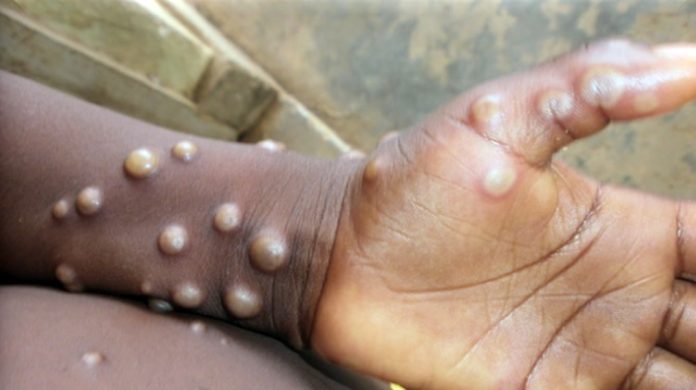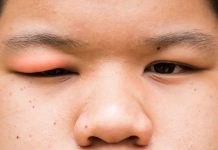Africa is set to receive its first batch of vaccines for the deadly mpox virus, marking a significant milestone in the continent’s battle against this dangerous disease. The 10,000 doses, generously donated by the United States, are expected to arrive this week. These vaccines will be crucial in combating a new and highly concerning variant of the virus, previously known as monkeypox, which caused widespread panic following a 2022 outbreak.
While the arrival of these vaccines is undoubtedly a positive development, it also highlights a troubling pattern in global health responses. Vaccines have already been distributed to over 70 countries outside of Africa, raising serious questions about why the continent was left waiting for so long. This delay underscores a persistent issue in how international agencies, including the World Health Organization (WHO), address health emergencies, particularly in Africa.
Medical experts and scientists have expressed their frustration over the WHO’s sluggish response. It was only this month that the organization began the formal process to ensure African nations could easily access large quantities of mpox vaccines through international channels.
This delay is even more baffling considering that the virus has been affecting African populations for decades. Critics argue that this process could and should have been initiated years ago, which might have prevented the current situation.
Mpox, a potentially fatal infection, causes flu-like symptoms and painful, pus-filled lesions. It spreads primarily through close physical contact and was declared a global health emergency by the WHO on 14 August after the new variant, known as clade Ib, started spreading from the Democratic Republic of the Congo to neighboring African countries.
The prolonged wait for WHO approval has forced individual African governments and the Africa Centres for Disease Control and Prevention (Africa CDC) to rely on donations from wealthier nations. This approach is far from ideal, as it depends on the goodwill of donor countries, which may prioritize their own populations in times of crisis. In the past, this has led to collapses in vaccine distribution efforts, further endangering vulnerable populations.
Helen Rees, a member of the Africa CDC’s mpox emergency committee and executive director of the Wits RHI Research Institute in Johannesburg, South Africa, did not mince words when she described the situation as “really outrageous.” She pointed out that Africa faced similar challenges in accessing vaccines during the Covid-19 pandemic, and it is deeply concerning to see history repeating itself.









